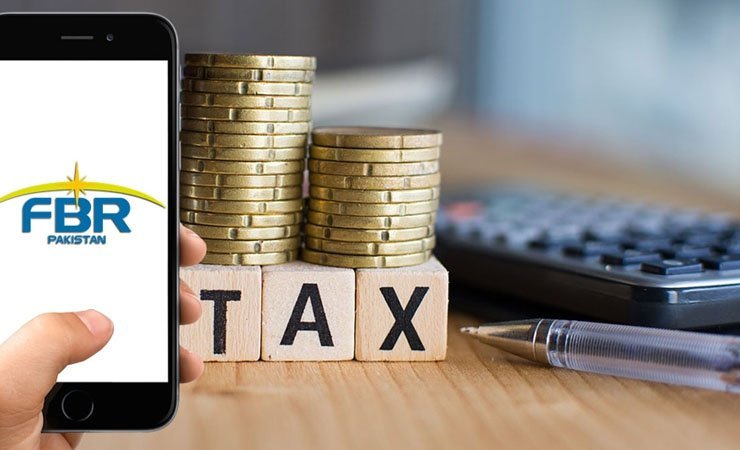Senate panel informed: Upto Rs6trn tax leakage taking place annually

Finance Minister Muhammad Aurangzeb, Thursday, informed the Senate Standing Committee on Finance that the tax leakage of Rs5,000 billion to Rs6,000 billion is taking place annually in Pakistan.
This was disclosed by the finance minister during the first day of the review of Finance Bill 2024 by the Senate Standing Committee on Finance, here at the Parliament House.
The finance minister attended the morning session of the committee before the post-budget press conference.
Finance Bill 2024 laid in Senate
He said that the massive tax leakage can be effectively checked through the enforcement of tax laws, otherwise, we would continue to live like that for another 100 years.
The resources could only be generated by plugging this massive tax leakage he added.
He informed the committee that the FBR has registered 31,000 retailers with the Tajir Dost Scheme. The tax payments would start from July 2024.
Muhammad Aurangzeb stated the track and trace system had been rolled out and would be expanded from cigarettes to cement and other sectors. “Sales tax has a big leakage as well. We need to plug all of these through digitisation,” he said.
The federal minister for finance emphasised the need to expand the tax system, citing measures taken in the federal budget to address this issue.
He stressed the importance of increasing the tax-to-GDP ratio, especially in light of potential IMF exit considerations.
He also highlighted exemptions made for the salaried class and discussed efforts to digitise the Federal Board of Revenue (FBR) for a more transparent economy.
Additionally, he outlined punitive measures for non-filers, including the requirement of an NTN number on passports for international travel.
The finance minister showed his commitment to increase the tax-to-GDP ratio to 13 per cent in the next three years, from the current one of more than nine percent. The country cannot run with such a low tax-to-GDP ratio of 9.5 percent.
He informed the committee that our basic principles while framing this budget were to expand the tax base. This sub-10pc tax-to-GDP ratio is simply not sustainable.
“We have to increase it every year so that in the next three years, we can take it to 13 per cent,” he asserted, asking if any other country in the world was sustaining itself with a tax-to-GDP ratio of less than 10pc, like Pakistan was.
“I want to remove this concept of non-filers. I think Pakistan is the only country with non-filers,” he stated, adding that non-filers would see an increase in “tax in transaction”.
The non-filers cannot travel abroad without obtaining National Tax Numbers (NTNs). People, without NTN, would not be able to go to the USA, the UK and Thailand, he referred to the importance of documentation and digitisation.
“End-to-end digitisation tends to reduce human intervention. Corruption will go down, there will be transparency and improved client service,” he added.
To a query of committee members on taxation of E-vehicles, Muhammad Aurangzeb added that electric vehicles are expensive vehicles and this sector has the potential of tax.



